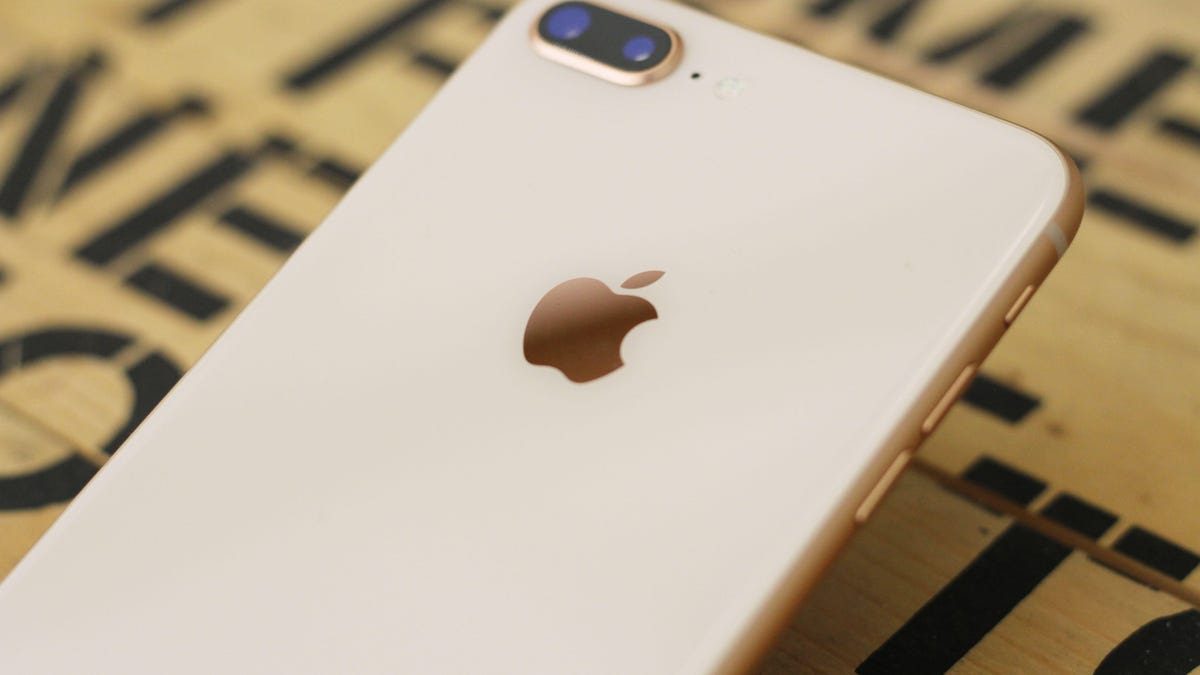Apple teams up with Alipay to win over China
China's mobile payment industry generates over $9 trillion a year, and Alipay is the market leader.

Apple won a Chinese silver medal last year, with the iPhone 7 Plus being the second-highest selling phone in the populous nation in 2017. In 2018, though, the electronics giant is going for gold.
In something of an uncharacteristic move, Apple is partnering with Ant Financial, an affiliated company of e-commerce giant Alibaba, to allow for customers to buy products in-store and online using Alipay, a payment system that competes with Apple Pay . In exchange, the Alipay app will have a dedicated section for App Store purchases.
Though services like PayPal and Alipay are useable on the App Store, iTunes and Apple Music, Ant Financial is touting this as the first time Apple has allowed for a third-party mobile payment method in its physical stores.
China is a huge market for Apple, with $9.8 billion in sales in the fourth quarter of 2017 alone. However, the company's Chinese heyday came in the second quarter of 2015, in which it generated $16.8 billion. Meanwhile, China's mobile payments transactions hit $9 trillion in 2016, with Alipay accounting for around 61.5 percent of those sales, an iResearch report said.
"This is a classic case of 'When in Rome, do as the Romans do,'" said Counterpoint research analyst Neil Shah. "This should definitely make users as well as overall government happy, as foreign brands start embracing popular localized services."
Apple has made many moves to woo the Chinese government, including opening up two data centres in the country, as well as local companies, such as its billion-dollar investment in ride hailer Didi Chuxing.
Originally posted Feb 7, 11:12 p.m. PT.
Update, Feb 8, 3:16 a.m PT: Adds comment from Counterpoint analyst.

